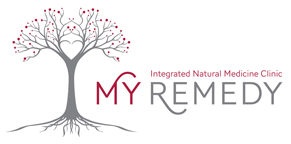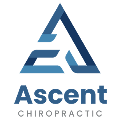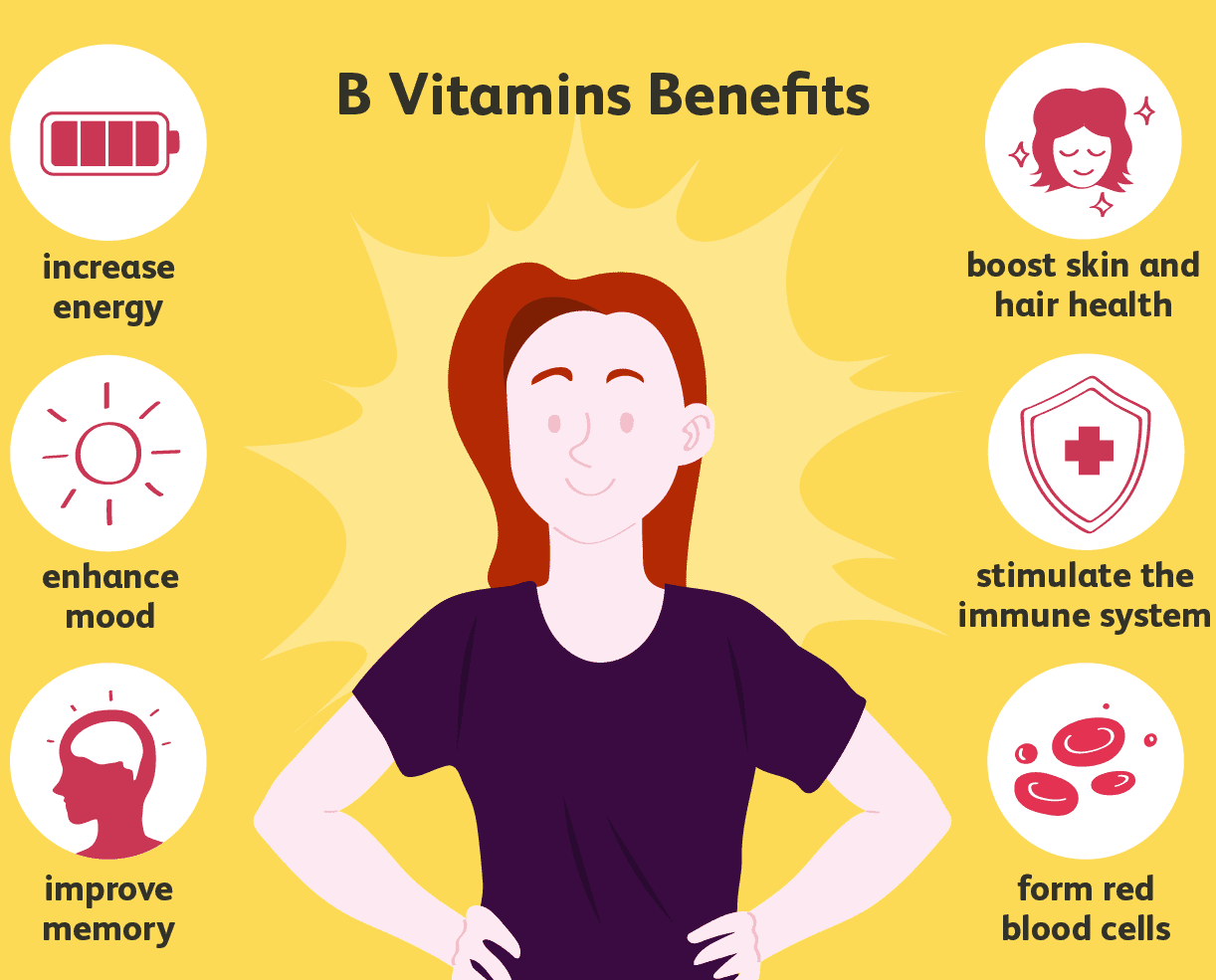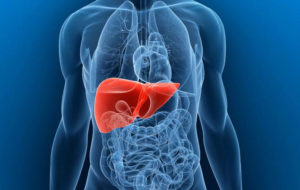Getting Back to basics: Vitamin B
WHAT is Vitamin B?
The B vitamins are a class of essential water-soluble vitamins and key nutrients that play important roles in cell metabolism and body function. Having a significant effect on our wellbeing, they help convert our food into fuel, helping us to stay energized throughout the day. B vitamins help make the immune system robust and they also have a role to play in hormone balance in the body. All the B vitamins work in tandem and each has its own specific benefit — from promoting healthy skin and hair to helping us cope with stress. Assimilated through our food, our body can also produce Vitamin B in the gut flora.
Why do we need it?
Our body needs B vitamins for good health, cellular processes and growth. Ideally it is best to obtain nutrients from our food in a biologically available form. (If you are going to take supplements then think of them as a top up to your daily diet, because no supplement is going to make up for a diet high in sugar, salt, saturated fat and processed foods!). Because B vitamins are found in a wide variety of foods, a varied diet will ensure you get all that you need.
There are eight different types of B Vitamins which play key roles in cell metabolism, but they are called B complex vitamins because they work best as a whole complex. They require the presence of each other to function properly, so any surplus or shortage will affect the way they are absorbed and metabolised by the body.
Who needs it?
B Vitamin deficiency causes many symptoms – If you have some of the following symptoms you may be low in B Vitamins:
Excessive and chronic stress, mood swings, depression, panic attacks, forgetfulness, restlessness, chronic worry and fear, menstrual problems, anaemia, loss of concentration, headaches, insomnia, sore throat, nervousness, digestive problems, constipation, diarrhoea, muscle pain, dermatitis, dry skin, cracks at the corners of the mouth, frequent bruising, and wounds that require a long time to heal, if you eat a lot of refined sugars, are malnourished or recovering from an illness or surgery – and there are more symptoms than these!
One of the first things we recommend is that you pop in and see one of our experts in either naturopathy or nutrition. Our Naturopaths use ‘Hemaview’ also known as ‘Focuspect’. This is a live blood screening, enabling our Naturopaths to look at what’s actually going on with your blood utilising a state of the art Darkfield microscope. Your other option is to speak with our very competent nutritionist who will be able to look at your existing eating patterns and work out a great course of action to transform your health
To get in touch, simply email us: health@myremedy.co.nz
Where do we find it?
 Vitamin B1 (Thiamine)
Vitamin B1 (Thiamine)
Called an anti-stress vitamin because of its ability to protect the immune system, is essential for energy metabolism, healthy appetite and digestion, and proper functioning of the heart and nervous system.
SOURCES: yeast extracts like vegemite and marmite, wheat bran, wheat germ, nuts, cereals,wholegrains, peanuts, beans, spinach, kale, blackstrap molasses , sesame seeds, liver, kidney and pork.
Vitamin B2 (Riboflavin)
Works as an antioxidant to help fight free radicals (particles in the body that damage cells). Also important for red blood cell production which transports oxygen throughout the body, healthy skin and eyes, energy release from food, and carbohydrate, fat and protein metabolism.
SOURCES: vegemite, marmite, liver, eggs, almonds, mushrooms, wholemeal grains and green vegetables, wild rice, milk, yoghurt and cheese, eggs, brussels sprouts, spinach and soybeans
Vitamin B3 (Niacin)
Involved in energy metabolism, healthy growth and boosting HDL cholesterol (i.e. the good cholesterol). Excess alcohol has been shown to lower B3 levels in some people.
SOURCES: lean red meat, liver, yeasts, bran, tuna and salmon, peanuts, eggs, milk, kidney, legumes and cereals, beans and green vegetables.
Vitamin B6 (Pyridoxine)
Important in the process of protein metabolism, good mood and sleep, and the formation of healthy red blood cells, thus preventing anaemia. Along with vitamins B12 and folic acid, B6 helps regulate levels of the amino acid homocysteine (associated with heart disease).
SOURCES: brown rice, wholemeal grains, barley, vegetables, soybeans, lean meat, liver, poultry, fish, yeast and nuts, salmon, lentils, sunflower seeds, cheese, and carrots.
Vitamin B12 (Cyano-cobalamin)
Vital nutrient found in animal foods. B12 works with folate to produce red blood cells and helps iron to create haemoglobin, forms healthy nerve cells, and metabolises carbohydrates and fat. For those who are deficient, it may be necessary to supplement the diet with B12.
SOURCES: fish, shellfish, dairy, eggs, beef and pork, milk, seafood, liver, kidney, lean meats.
Folate (folic acid)
Essential vitamin for growth of a healthy baby in pregnancy and preventing neural tube defects but it is also necessary for forming enzymes and red blood cells and reducing homocysteine in the body (heart disease risk factor).
SOURCES: dark leafy greens, asparagus, beets, salmon, root vegetables, milk, bulghur wheat and beans, vegemite, marmite, green leafy vegetables, wholegrains, peas, nuts, liver and kidney, and avocado.
Biotin
The body uses Biotin to metabolise fat and protein, for growth processes and to maintain healthy nerve cells, for normal foetal growth and to help control high blood glucose levels.
SOURCES: Egg yolk, liver, kidney, whole grains, oats, legumes, Barley, yeast, pork, chicken, fish, potatoes, cauliflower and nuts – and Biotin is also made by bacteria in the intestine.
Pantothenic Acid
Needed for the metabolism of carbohydrates, fat and proteins for energy, and it’s responsible for the production of sex and stress-related hormones including testosterone. B5 also promotes healthy skin.
SOURCES: avocados, yoghurt, eggs, meat and legumes, vegemite, marmite, liver, fish, vegetables, breads, cereals, nuts and eggs.
Remember: you’re not in this alone! If you’re feeling lethargic, tired of the brain fog or simply know somethings not right, give us a call or email: health@myremedy.co.nz





